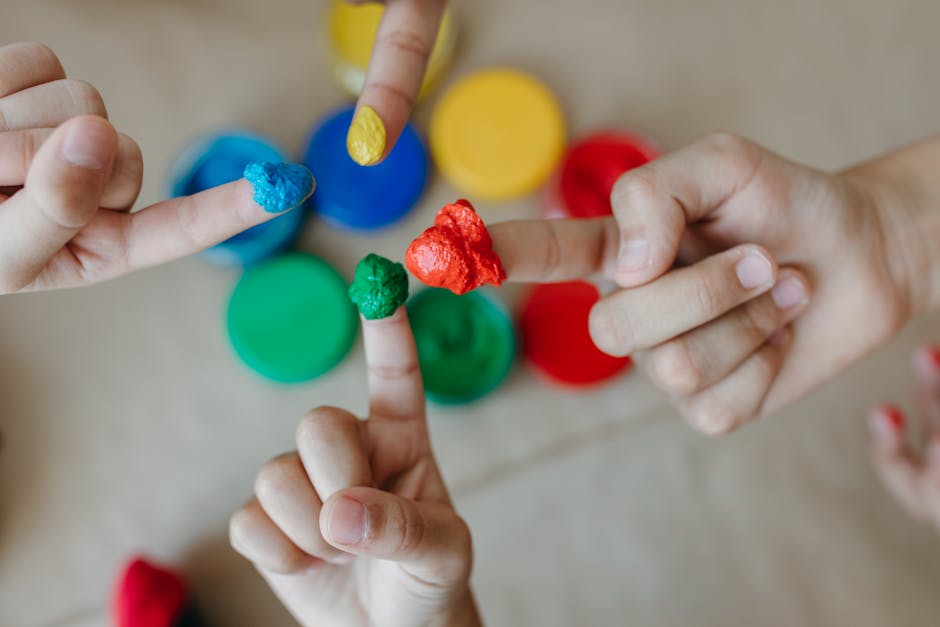A significant skill honed through many hobbies is problem-solving. Whether meticulously assembling a model airplane, tackling a complex knitting pattern, or troubleshooting a malfunctioning piece of electronics in a restoration project, hobbyists regularly confront and overcome challenges. This iterative process of identifying problems, formulating solutions, and implementing them fosters critical thinking and analytical abilities. For instance, a woodworker facing warped timber learns to adapt their design or employ techniques to counteract the flaw, developing resourcefulness and adaptability. Similarly, a quilter encountering mismatched fabrics refines their cutting and piecing skills to create a harmonious whole, illustrating perseverance and precision. This problem-solving expertise translates readily into professional settings, enabling individuals to tackle workplace issues with greater confidence and efficiency.
Closely linked to problem-solving is the development of creativity and innovation. Many crafts require inventive approaches to overcome limitations or to personalize creations. A painter experimenting with unusual color combinations, a sculptor exploring unconventional materials, or a jewelry maker adapting found objects to their designs are all exercising their imaginative faculties. This creative process isn’t confined to artistic pursuits; even building a custom computer or restoring an antique car demands imaginative solutions and adaptation. This fosters a mindset conducive to innovation, a highly valued attribute in many professions. The ability to think outside the box, generate novel ideas, and find unique solutions is a direct benefit of actively engaging in creative hobbies.
Beyond cognitive skills, hobbies contribute significantly to the development of fine motor skills and dexterity. Activities like calligraphy, miniature painting, or intricate jewelry making demand precise hand-eye coordination and control. These skills are not only aesthetically pleasing but also have practical applications, improving handwriting, surgical precision (in relevant professions), or even enhancing everyday tasks requiring manual dexterity. Similarly, hobbies involving repetitive movements, such as knitting or crocheting, can improve hand strength and flexibility. These physical benefits are often overlooked but constitute a crucial aspect of holistic skill development.
Furthermore, hobbies cultivate patience and perseverance. Many craft projects require significant time and dedication to complete. Whether it is meticulously hand-sewing a garment or patiently layering paints in a detailed painting, these activities instill the virtue of perseverance. Encountering setbacks, such as a dropped stitch or a ruined layer of paint, teaches valuable lessons in resilience and the importance of starting over. This learned patience is invaluable in facing professional challenges that demand sustained effort and the ability to overcome obstacles.
Another often underestimated skill developed through hobbies is planning and organization. Many crafting projects, from building a model railway to composing music, necessitate careful planning and organization to ensure a successful outcome. This includes managing resources, scheduling time effectively, and following a systematic approach. This methodical planning translates into superior time management and project management skills, valuable in virtually any professional environment. For example, a baker meticulously following a recipe or a gardener carefully planning their plot showcases meticulous planning abilities, extending far beyond the hobby itself.
Many hobbies, especially those involving social interaction, promote communication and collaboration skills. Joining a crafting club, participating in online forums, or attending workshops provides opportunities to interact with like-minded individuals, sharing ideas, techniques, and experiences. This fosters communication skills, both verbal and written, and cultivates collaborative skills essential for teamwork. Constructive criticism, exchanging feedback, and engaging in discussions about creative processes all contribute to improved interpersonal skills.
Finally, hobbies often lead to the development of self-confidence and self-esteem. The satisfaction derived from creating something with one’s own hands, mastering a new technique, or completing a challenging project can significantly boost self-esteem. The sense of accomplishment fostered by hobbies contributes to a positive self-image and the belief in one’s capabilities. This newfound confidence can translate into greater self-assurance in other aspects of life, both personal and professional, empowering individuals to take on new challenges with greater conviction.
In conclusion, engaging in hobbies and crafts offers a path to acquiring a wide range of valuable skills. These skills, often overlooked as mere byproducts of leisure, extend far beyond the confines of the hobby itself, enriching personal development and enhancing professional capabilities. The ability to solve problems creatively, manage time effectively, communicate effectively, and persevere in the face of adversityall these are nurtured within the seemingly simple act of pursuing a beloved hobby. The diverse nature of crafting and hobbyist pursuits ensures a wealth of opportunities for personal growth and development, transforming what might seem a simple pastime into a journey of continuous skill enhancement.
